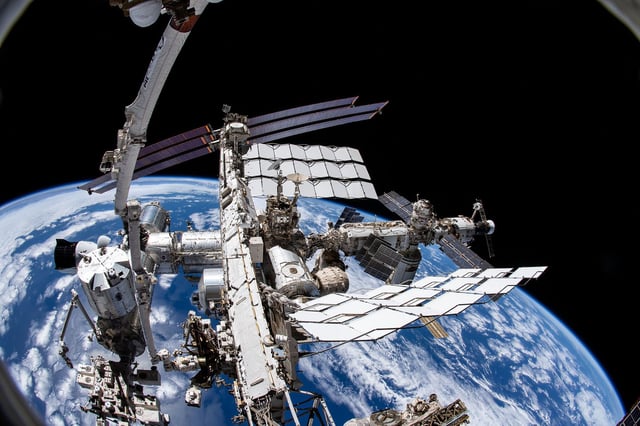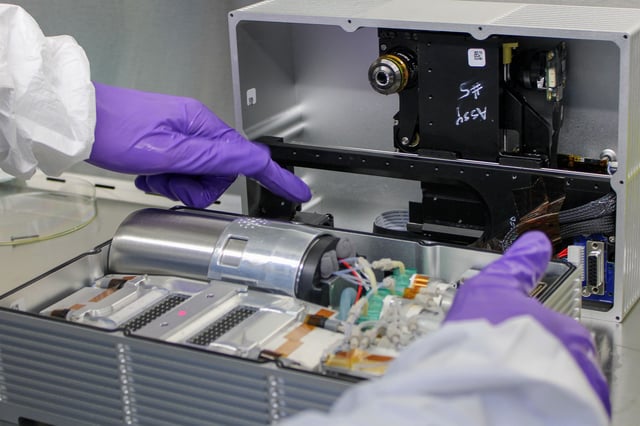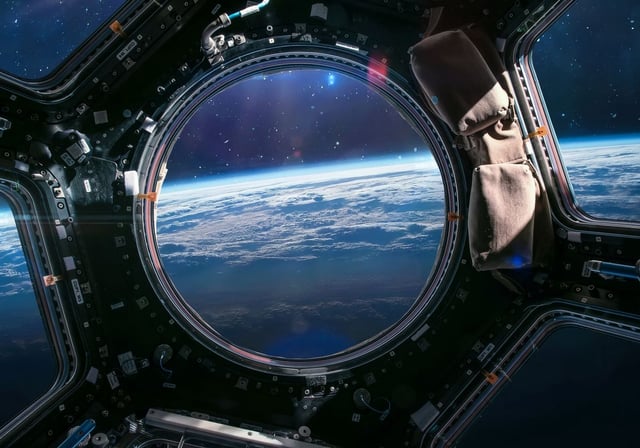Overview
- UC San Diego’s Cell Stem Cell study cultured human hematopoietic stem and progenitor cells on the ISS for 32 to 45 days across four SpaceX resupply missions using Space Tango’s persistent microscopy.
- Space-exposed cells showed heightened cell-cycle activity and functional exhaustion alongside mitochondrial stress and activation of normally silent genomic elements, aligning with hallmarks of accelerated aging.
- Genomic analyses detected increased single-base mutations and signatures associated with clonal hematopoiesis, which is linked to elevated leukemia risk.
- Some damage partially reversed when cells were later placed in a young stromal environment, indicating potential for remediation but underscoring the need for in‑vivo validation.
- The work builds on NASA’s Twins Study and informs astronaut health planning as the team advances ISS missions, astronaut-focused monitoring, and testing of biomarkers and pharmaceutical or genetic countermeasures.



